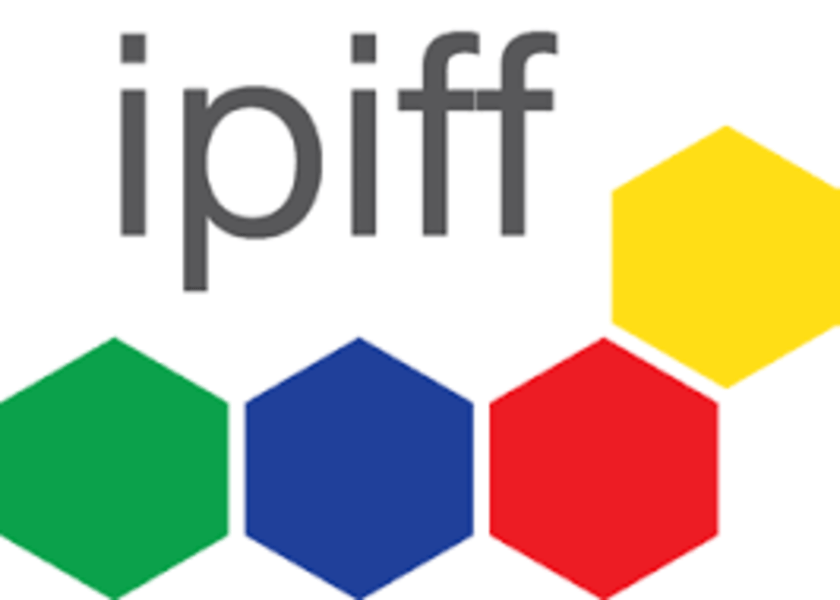Vision for Agriculture and Food: We Must Invest in Europe’s Protein
The European Commission has just published its Vision for Agriculture and Food. Below you can find IPIFF’s take on the strategic direction this vision must adopt.
- Independence Administrative burdens and financing bottlenecks are drowning innovative European agri-food SMEs.
- If we want farmers to actively contribute to the agri-food system, institutions must create a favourable, efficient regulatory environment. Under the CAP, the Commission must recognise sectors that address Europe’s staggering protein production deficit, while adhering to circular economy principles.
- The protein mix cannot over-rely on a single industry, such as plant-based solutions. Balance and complementation are pivotal.
Brussels, 19 February – In a rapidly evolving geopolitical landscape, European agriculture stands at a crossroads. The European Commission’s renewed Vision for Agriculture and Food must secure the sector’s future by balancing competitiveness, sustainability, and resilience. However, achieving this requires a more targeted and efficient approach to boosting Europe’s protein production independence.
Strengthening competitiveness and resilience will involve aligning trade policies with EU production standards, reinforcing food security, and protecting farmers’ interests. Europe must recognise its own innovative agri-food sectors – such as insects, algae, and yeast – within the Common Agricultural Policy if we want to reduce dependence on imported proteins.
To build a future-proof sector, farmers must be supported in adopting climate-smart practices while ensuring food production remains viable. Reducing
Strategic Dependencies & Strengthening Supply Chains
Europe’s reliance on a limited number of protein sources and critical raw materials, including fertilisers, poses a significant risk to food security. The Commission’s plan to diversify imports while enhancing domestic production is a crucial step towards resilience. IPIFF supports the development of local and sustainable protein sources, including protein from insects, yeast, and algae, as part of a comprehensive solution to reducing dependency on external suppliers and promoting circular agricultural models. Insect frass is also a potent solution to the fertiliser crisis following Russia’s war in Ukraine.
Strategic Investments for a Sustainable Agri-Food System
The transition to sustainable food production requires bold financial commitments. IPIFF supports the European Commission’s ambition to collaborate with the European Investment Bank (EIB) to attract investments for SMEs in agriculture and food production. De-risking sustainability investments through targeted funding will ensure that innovative solutions—such as alternative proteins, circular bioeconomy models, and smart farming technologies—are effectively scaled up, securing Europe’s food future. Supporting innovative, circular sectors, such as insect farming, is crucial.
Simplified & Targeted Support for Farmers
Administrative burdens are smothering small and medium-sized agrifood players, including farmers, who form the backbone of Europe’s rural economy. While we recognise the Commission’s intention to simplify income support tools and streamline policy implementation, efficiency in achieving this is critical.
To ensure the long-term success of the CAP, it is crucial to implement measures that facilitate investment access for European farmers who diversify their production towards innovative and sustainable practices, such as insect farming. Incorporating insect-derived ingredients into animal feed can reduce the over-reliance on unsustainable protein and lipid sources that contribute to deforestation and biodiversity loss.
These steps not only bolster food security and environmental sustainability but also enhance rural vitality by promoting circular economy strategies, like upcycling agricultural co-products through insect farming. Such initiatives are pivotal in transitioning to a low-emission agricultural sector.
IPIFF’s Policy Recommendations
In alignment with the European Commission’s Vision for Agriculture and Food, IPIFF proposes the following policy recommendations to empower sectors that truly contribute to the agri-food value chain:
- Foster Innovation in Sustainable Protein Production: Support research and development in alternative protein sources, such as insect-based proteins, to enhance food security and reduce environmental impact.
- Facilitate Access to Finance for SMEs: Develop financial instruments and incentives that enable small and medium-sized enterprises in the insect sector to scale up operations and contribute effectively to the agri-food chain.
- Support Circular Bioeconomy & Rural Job Creation: Back initiatives that valorise locally and regionally available underused biomass, fostering the creation of innovative and green jobs in rural areas. These actions align with the EU Bioeconomy Strategy and contribute to resilient, resource-efficient agri-food systems.
- Enhance Regulatory Frameworks: Streamline approval processes for novel foods and feeds, ensuring that innovative products can reach the market swiftly while maintaining high safety standards.
- Strengthen Collaboration Across the Value Chain: Promote partnerships between innovative sectors, such as insect farming, and traditional agriculture, as well as the food industry to integrate sustainable practices and diversify protein sources within the European diet.
- Boost Knowledge Transfer & Education Initiatives: Establish a framework and financial support mechanisms for education programs focusing on emerging production sectors like insect farming. Support knowledge transfer through institutional structures such as chambers of agriculture and innovation hubs to drive generational renewal in agriculture.
IPIFF remains committed to working alongside EU policymakers, farmers, and industry stakeholders to support a thriving European agri-food sector. By embracing innovation, fostering young farmers, and securing strategic investments, Europe can lead the transition towards a more sustainable and resilient food system.
***
For media inquiries, please contact:
Eduard Tsvetanov, IPIFF Communications Manager
eduard.tsvetanov@ipiff.org
For additional information on IPIFF’s policy recommendation, please refer to our Policy Roadmap for 2024 – 2029.


